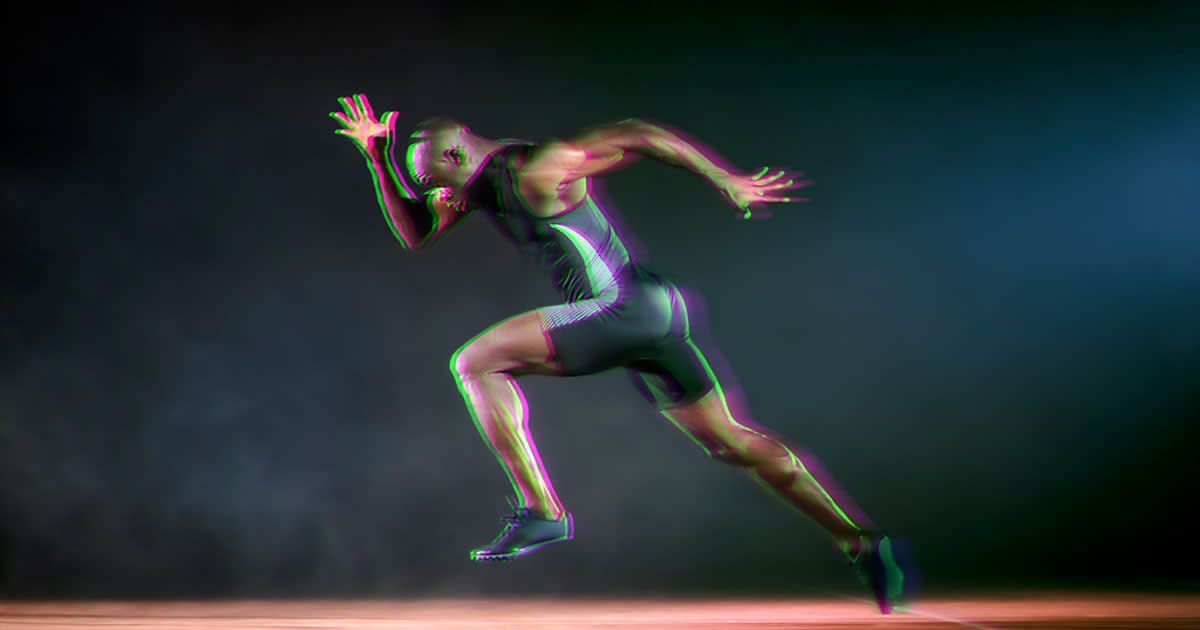Scientists Find There's an Easy Way to Experience Time in Slow Motion

Scientists have found that our perception of time slows down noticeably when exercising, a fascinating finding that suggests we enter a perceived state of slow motion during physical exertion.
"I have long been interested in how people perceive the passing of time and whether this is impacted by particular events," Canterbury Christ Church University psychology professor Andrew Mark Edwards, author of a new study published in the journal Brain and Behavior, told PsyPost. "In the case of exercise, time seems to drag in certain circumstances and yet at others moves very fast."
"I was intrigued to examine the performance implications of this and whether this likely impacted both results and adherence," he added.
Edwards and his colleagues had 33 participants gauge how long they had spent during cycling trials.
During the trials, the participants were asked to assess their perception of time before, during, and after exercise. The trials included solo trials, ones while accompanied by a passive avatar, and ones involving active opponent avatars they were racing against.
The results showed that the participants' perception of time slowed down during physical activity, regardless of when they were asked to assess how much time had elapsed during the trials.
The researchers also found that passive or active avatars racing alongside them didn't impact their perception of time, either — it was only the exercise itself.
Interestingly, it didn't matter how hard the participants were cycling, either. The slowdown of their perception of time was consistent across different degrees of intensity.
In short, the "take home message for this study is that our perception of time is indeed impacted by exercise," as Edwards told PsyPost.
The researcher suggested the results could be used to make training regimens more engaging and effective, especially for professional athletes.
"This finding has important implications for healthy exercise choices and also for optimal performance," the paper reads.
The study, however, comes with several caveats. For one, it's still unclear whether the results are generalizable. While the participants weren't professional cyclists, they were in good physical shape, which isn't true of everybody. The sample size of just 33 participants is also quite small.
Nonetheless, it's an intriguing glimpse into how our perception of time can be warped — and perhaps a clue as to how to take things to the next level at the gym.
"The main strands of the work are to see how we can motivate people to engage with exercise and avoid/mitigate negative associations with time appearing to move slowly," Edwards told PsyPost.
More on the perception of time: Why You Perceive Time Differently in Virtual Reality

